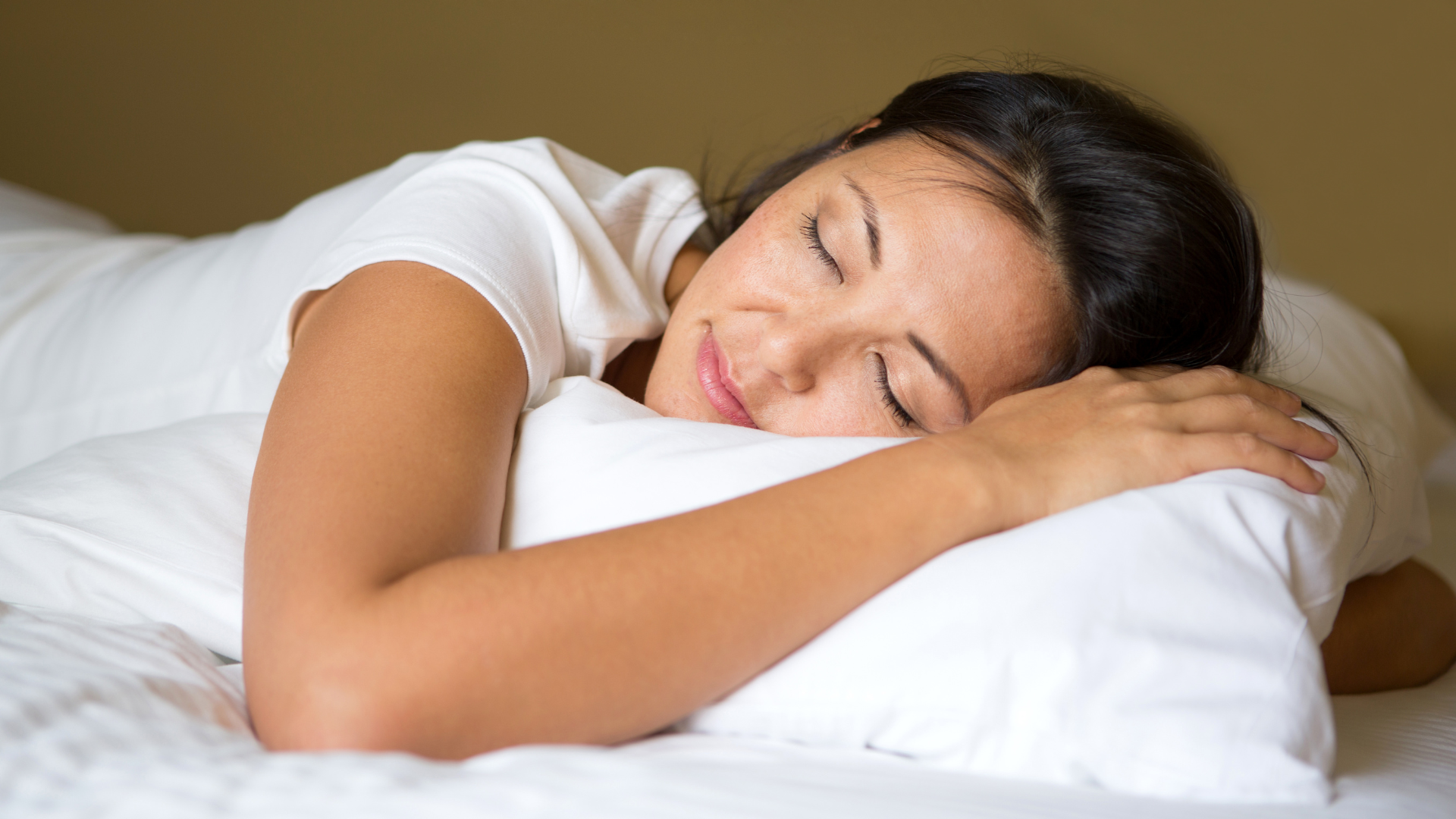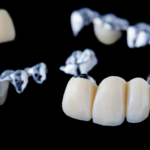
The Importance of Sleep for Overall Health
Sleep is often overlooked in our overall health and well-being, yet it’s one of the most critical aspects of our lives. This blog post will explore why getting enough restful sleep is essential and how it can impact our physical and mental health. We’ll also look at different types of sleep disorders, medications, treatments, and tips for improving our sleep habits. So get comfortable, and let’s dive in!
The Physical Benefits of Getting Enough Sleep
There are many physical benefits to getting enough sleep. Getting a good night’s sleep can help us maintain a healthy weight, lower our heart disease and stroke risk, and improve our immune system. It is also crucial for tissue repair and cell growth. When we don’t get enough sleep, our body doesn’t have time to repair damaged cells or grow new ones. This can lead to problems such as wrinkles, dull skin, and slowed wound healing.
Getting enough sleep is also critical for mental health. Sleep deprivation can cause anxiety, depression, and mood swings. It can also impair our memory and make it difficult to concentrate. Finally, getting enough sleep can help improve our physical performance. Sleep deprivation reduces reaction time and decreases coordination. It also reduces strength, power, and endurance. Getting enough sleep will help us stay alert and perform better during the day.
The Mental and Emotional Benefits of Getting Enough Sleep
Sleep is critical for our mental and emotional well-being. When we don’t get enough sleep, we are more likely to experience mood swings, anxiety, and depression. We may also have difficulty concentrating and making decisions. Getting enough sleep helps us to cope with stress and to maintain a positive outlook on life. It gives us the energy to stay physically healthy and productive at work or school.
We can do many things to ensure we get enough sleep, such as setting a regular bedtime, disconnecting from electronic screens before bedtime, and creating a calming bedroom environment. If we are having trouble sleeping, talk to a doctor about possible causes and treatment options.
Common Sleep Disorders and How to Treat Them
Several common sleep disorders can impact our overall health. These include:
Insomnia
This is the most common sleep disorder characterized by difficulty falling or staying asleep. Stress, anxiety, medications, or other medical conditions can cause insomnia. Treatment for insomnia often includes behavioral therapies, such as relaxation techniques or stimulus control therapy, and sometimes sleep medications. An alternative to therapies and over-the-counter medicines can be cannabis products which can be found at cheapweed.io and similar sites. Cannabis contains compounds called cannabinoids, which are believed to promote sleep by interacting with cannabinoid receptors in the brain. They do so by increasing adenosine levels and suppressing arousal in the brain. It is believed that these effects, together, can help cannabis users feel calm, relaxed, and sleepy.
Restless Leg Syndrome
This is a condition in which we have an irresistible urge to move our legs while trying to rest or sleep. Restless leg syndrome can cause insomnia and make it difficult to get a good night’s sleep. Treatment options for restless leg syndrome include lifestyle changes (such as exercising during the day and avoiding caffeine and alcohol in the evening), medications, and massages/heat therapy before bedtime.
Sleep Apnea
Sleep apnea is a common sleep disorder characterized by interrupted breathing during sleep. It can lead to excessive daytime sleepiness, morning headaches, and difficulty concentrating. It is also associated with high blood pressure, heart disease, and other health problems. Treatment options for sleep apnea include Continuous Positive Airway Pressure (CPAP) therapy, which delivers air through a mask to keep our airways open, and oral appliances, customized mouthpieces that position our tongue and jaw to serve the same purpose. Sufferers can also benefit from clinical sleep therapy in Essex (if that’s where they are based) as well. It often entails cognitive and behavioral interventions to help address underlying issues and manage sleep effectively.
Narcolepsy
This rare but serious neurological condition causes excessive daytime fatigue and sudden sleep attacks during the day. Narcolepsy can be caused by genetics or an autoimmune disorder. Treatment options include lifestyle changes (such as avoiding caffeine and alcohol), medications, and cognitive behavioral therapy.
Sleepwalking
This sleep disorder is characterized by getting up and walking while asleep. Sleepwalking can be caused by stress, anxiety, or medications. Treatment options include lifestyle changes (such as avoiding caffeine and alcohol), drugs, and cognitive behavioral therapy.
Night Terrors
This is a condition in which someone has intense fear or terror while sleeping. Treatment options for night terrors include lifestyle changes (such as avoiding caffeine and alcohol), medications, and cognitive behavioral therapy.
Tips for Achieving Good Quality Sleep
Sleep is often one of the first things to do when balancing our lives. We should be getting 7-8 hours of sleep per night, but sometimes there are not enough hours in the day. Here are a few tips to help us get the good quality sleep we need to maintain a healthy and balanced lifestyle:
Make sleep a priority
Just like eating healthy and exercising, getting enough sleep is essential for our overall health. Set aside time each day for a nap or early bedtime so we can get the hours of sleep our body needs.
Establish a regular sleep schedule
Going to bed and waking up simultaneously each day helps to regulate our body’s natural sleep rhythm. This can be challenging if we have a fluctuating work schedule, but we try to stick to a routine as much as possible.
Create a restful environment
Ensure the bedroom is dark, quiet, and relaxed, promoting better sleep. If we have trouble sleeping due to noise or light pollution, consider investing in earplugs or an eye mask.
Think Cannabis
Those who have trouble falling asleep due to post-traumatic stress disorder (PTSD) and chronic pain may consider using cannabis products like concentrates, oils, and edibles to help them fall asleep faster and wake up less during the night. Cannabis can enable such individuals to enjoy better sleep quality. Even people with restless legs syndrome (RLS) can use cannabis to relieve themselves of the symptoms of this disorder.
The cannabinoids found in cannabis like THC can expand the amount of time an individual spend in deep sleep. Deep sleep is crucial for the consolidation of memories. That said, if this piques your interest, you can consider sourcing a few THC products like edibles from online dispensaries. However, before making any decision, do consult a healthcare professional to learn about the right dosage.
Avoid caffeine and alcohol before bedtime
Both substances can interfere with our ability to fall asleep and stay asleep throughout the night. So if we want to enjoy a cup of coffee or glass of wine, do so earlier in the day rather than right before bed.
Unwind before bed
Give ourselves some time to relax before going to sleep. This could include taking a warm bath, listening to calming music, or reading a book. All these activities will help our body and mind prepare for restful sleep.
Exercising regularly
Regular physical activity can reduce stress levels and improve the quality of our sleep. Make sure not to exercise too close to bedtime, as this can cause adrenaline levels to spike and make it more difficult for us to fall asleep.
Sleeping Well is Living Well
Sleep is essential for our overall health and well-being. It helps us to rest, restore and repair our bodies physically and mentally. Not getting enough sleep can lead to various health issues, such as fatigue, poor concentration, and even depression. So make sure one prioritizes getting good quality sleep every night to stay healthy and have the energy to tackle daily tasks efficiently.




